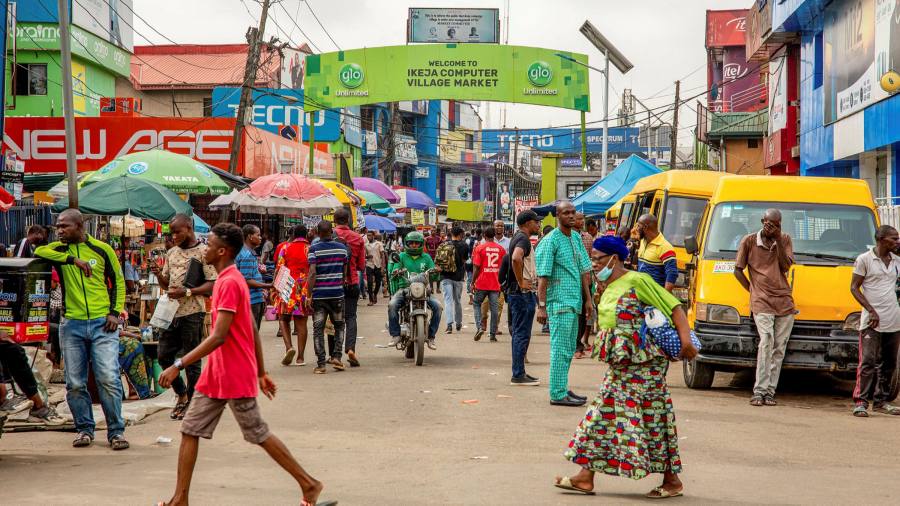
‘Post-Covid’ remains a mirage for many developing economies, warns UN
Global Economy updates
Sign up to myFT Daily Digest to be the first to know about Global Economy news.
Developing economies risk being left behind as fast growth in developed countries and talk there of a “post-Covid” world distracts policymakers from the need for continued support to poorer nations, many of which still lack vaccines, the UN has warned.
“The biggest risk for the global economy is that a rebound in the north will divert attention from long-needed reforms without which developing countries will remain in a weak and vulnerable position,” the UN Conference on Trade and Development said in a report on Wednesday.
The pandemic has often been seen as an opportunity to “build back better” and rethink the principles of international economic governance. But the chances of that happening risk slipping away again, as after the global financial crisis, the report warns.
In its Trade and Development Report 2021, Unctad said policymakers in advanced economies had not woken up to the size of the shock in developing countries, or its persistence.
“One thing that still surprises me is the lack of appreciation of the damage the pandemic has done to developing countries,” said Richard Kozul-Wright, director of Unctad’s globalisation and development strategies division.
While advanced economies “are already talking about the post-Covid world . . . In most of the developing world, that is a completely inappropriate description of where we are now, especially in contrast with the rhetoric about building back better.”
Unctad expects the global economy to expand by 5.3 per cent this year, slowing to 3.6 per cent in 2022, but the recovery will be highly uneven.
The US is forecast to grow 5.7 per cent this year and China 8.3 per cent. On average, countries in Latin America and the Caribbean are expected to grow 5.5 per cent this year. But growth is forecast to be much slower in sub-Saharan Africa, at an average of just 2.5 per cent this year, and in south-east Asia, with an average of 3.5 per cent.
Unctad estimates that developing countries will be $12tn poorer by 2025 than they would have been without the pandemic, based on their growth trajectories in 2017-19.
The report welcomed the $650bn allocation of special drawing rights by the IMF but said more needed to be done to address fiscal pressures, debt burdens and a lack of access to vaccines in many developing countries.
“These widening gaps, both domestic and international, are a reminder that underlying conditions, if left in place, will make resilience and growth luxuries enjoyed by fewer and fewer privileged people,” said Rebeca Grynspan, secretary-general of Unctad.
The report urges concerted debt relief and, in some cases, debt cancellation; a reassessment of the role of fiscal policy in the global economy; greater policy co-ordination across systemically important economies; and “bold” support for vaccine deployment in developing countries, including a waiver of intellectual property rights to speed up manufacture and supply.
Stay connected with us on social media platform for instant update click here to join our Twitter, & Facebook
We are now on Telegram. Click here to join our channel (@TechiUpdate) and stay updated with the latest Technology headlines.
For all the latest Education News Click Here
For the latest news and updates, follow us on Google News.

